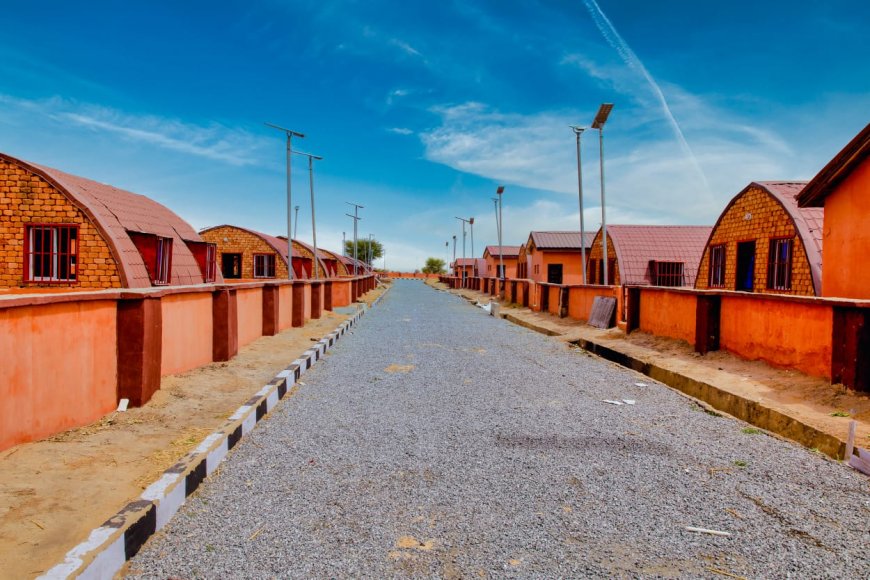
Metro
Messy land deal: UNN's Prof Nwabueze Gets 7-day Ultimatum to Retract Wild Allegations
Jun 1, 2024 0 35

opinion
Kalu seeks legal framework on philanthropy, impact investing to increase capital flows for devt
May 30, 2024 0 17

Metro
Kano Monarchy Drama Enters New Phase, as court orders Aminu Ado Bayero, 4 others, to vacate office
May 27, 2024 0 73

Metro
*2024 Children's Day Celebration: Anambra Police Boss Urges Parents/Guardians to Be Better Role Models to Their Children...
May 27, 2024 0 12

Metro
FCT CP Orders Immediate Investigation Into Killing of Resident, Citizen Onyebuchi Anene
May 24, 2024 0 28






































































































































































































































